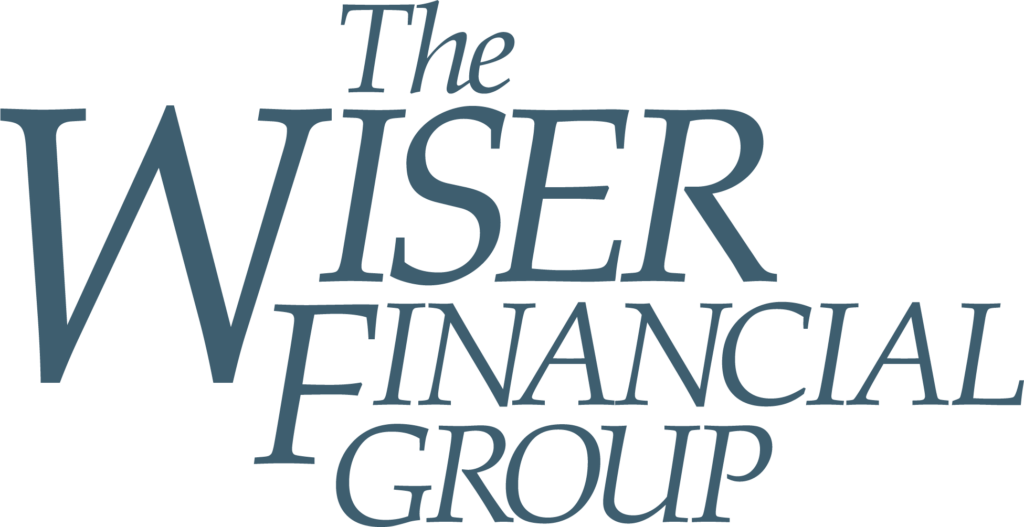Wondering How to Retire Early? 8 Tips to Financial Independence
If you’ve been wondering how to retire early, you’ve undoubtedly scoured the Internet for tips on how to bring in more income, live off less, pay off your debts, and invest more. But, the fact of the matter is that retiring early often comes down to planning. Without proper planning, you can’t budget appropriately, you can’t invest properly, and you can’t form a concrete picture of your future.
Before anything else, you need to decide when you want to retire.
Deciding when you want to retire can be a challenge. Sure, we’d all love to retire at 40 but, unless you started saving early and have a job that affords you a large income, that’s just not a possibility. And, while an achievable retirement age – say 55 – may be less exciting, it gives you a real, attainable goal that you can work toward. But, how can you be sure you’re starting off on the right foot?
1. Knowing your goals is how to retire early
Before you start taking any actions to retire early, you’ll want to know your goals. What kind of lifestyle do you want to live? Are you planning to move into a smaller – or larger – home? Do you want to travel or pursue hobbies? Will you lead a simple life? Or a luxurious one? All of these questions factor into how much savings you’ll need to sustain yourself after retirement. So, as a first step, sit down with a blank sheet of paper and describe what your retirement looks like.
2. Contribute to your workplace’s 401(k) plan
As far as first steps go, contributing to your employer’s 401(k) plan is a time-tested way to start on the path to retirement. At the very least, you should contribute what your employer is willing to match. If possible, always aim to increase your contributions every year. And, if you get a nice raise, consider committing a percentage of it to your retirement plan.
3. Don’t touch your savings!
Once you’ve accumulated a decent amount of savings, it may be tempting to withdraw a portion to fund a home improvement project, pay for an emergency, or complete a large purchase. But, the longer your money is invested, the more it grows. Even worse, withdrawals from retirement funds can be subject to massive IRS penalties if they’re taken before you turn 59½. Withdrawing from your retirement accounts should only be considered an absolute last resort, after you’ve exhausted all other options.
4. Make some cuts and rework your budget
If you want to retire early, you’re probably going to need to analyze your budget. One of the most common recommendations is to set aside 50% of your income for essential expenses. While this may require some sacrifices, it will allow you to set aside a good portion of your take-home income for savings, investments, and emergencies.
5. Paying off debt is how you retire early
Getting rid of excess debt is a pretty obvious way to ensure you’re able to retire early. Long-term loans, credit card debt, and unpaid bills aren’t just money that you’ll have to pony up at a later date, they’re continually increasing costs. Especially with credit card debt, it’s important to carry a low – or no – balance every month, as monthly interest can quickly add up over time.
6. Don’t forget to motivate and encourage yourself
After you’ve eliminated all nonessential purchases and started paying off your debts, it can be easy to get discouraged. Stay motivated by recognizing your achievements and celebrating all of your victories. Without rewards, most people will lose sight of their goals. So, if you love nice dinners, it’s okay to celebrate a savings milestone with a night out. It’s okay to plan out a small vacation. Saving for a better retirement doesn’t require you to fully give up your current lifestyle.
7. Start making reliable, long-term investments
Since you’re planning to retire early, you’ll have a shorter time to save money. But, that money will also need to last longer. Because of this, it’s important to start investing early in low-risk, long-term investments that will yield steady returns over time. If you haven’t started investing yet, it’s never too late! We encourage you to reach out to our team of financial advisors to discuss your goals.
8. Look for new opportunities and streams of income
If you’re really interested in how to retire early, alternate streams of income are essential. Whether you’ve got a second job, rental properties, or any other ongoing source, secondary streams of income will allow you to set aside more money toward the ultimate goal of retiring early.
Still not sure how to retire early? Talk to a professional!
At Wiser Financial Group, we’re committed to ensuring that our clients have the financial tools and guidance necessary to make sound financial decisions. Backed by decades of experience in financial planning, we believe in a system of goals-based investing and have developed a six-step process to guide our investing.
With your future in mind, we can work with you to develop a plan that helps you achieve your goals. Whether you’re curious about investment opportunities or you want to know how to retire early, we’re here to help.

